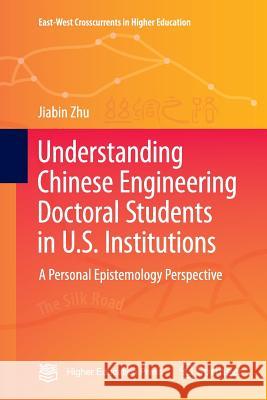Understanding Chinese Engineering Doctoral Students in U.S. Institutions: A Personal Epistemology Perspective » książka
topmenu
Understanding Chinese Engineering Doctoral Students in U.S. Institutions: A Personal Epistemology Perspective
ISBN-13: 9789811093388 / Angielski / Miękka / 2018 / 190 str.
Understanding Chinese Engineering Doctoral Students in U.S. Institutions: A Personal Epistemology Perspective
ISBN-13: 9789811093388 / Angielski / Miękka / 2018 / 190 str.
cena 201,24
(netto: 191,66 VAT: 5%)
Najniższa cena z 30 dni: 192,74
(netto: 191,66 VAT: 5%)
Najniższa cena z 30 dni: 192,74
Termin realizacji zamówienia:
ok. 22 dni roboczych.
ok. 22 dni roboczych.
Darmowa dostawa!
Kategorie:
Kategorie BISAC:
Wydawca:
Springer
Seria wydawnicza:
Język:
Angielski
ISBN-13:
9789811093388
Rok wydania:
2018
Wydanie:
Softcover Repri
Ilość stron:
190
Waga:
0.30 kg
Wymiary:
23.39 x 15.6 x 1.12
Oprawa:
Miękka
Wolumenów:
01
Dodatkowe informacje:
Wydanie ilustrowane











